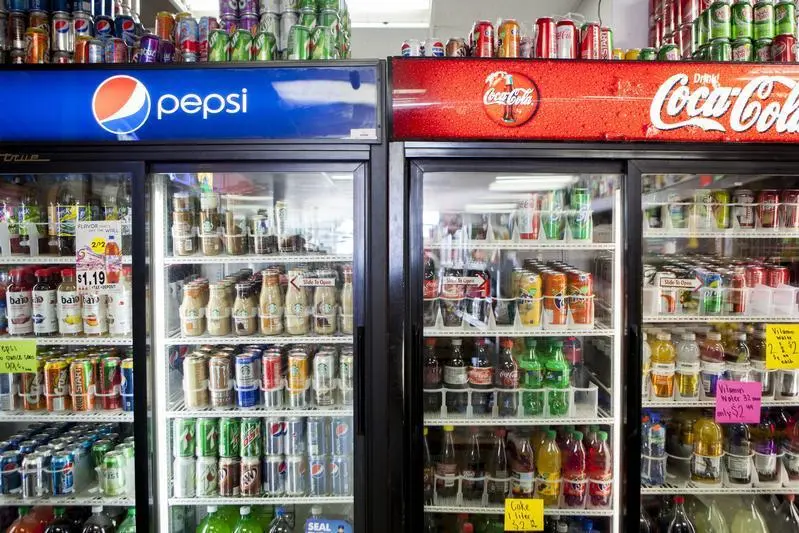PHOTO
New restrictions on the sale of energy drinks in Bahrain were approved by the Shura Council yesterday.
They impose stricter regulations for energy drinks containing caffeine, taurine, ginseng and guarana, among other things.
This includes a ban on marketing, promoting or advertising energy drinks through traditional media, online or social media.
Meanwhile, an import ban would be imposed on those that fail to meet international standards.
The draft legislation approved by the Shura Council also restricts the sale of energy drinks to those aged 18 or above and bans their sale in restaurants, cafeterias and canteens at education and health establishments.
It also requires energy drinks to carry a health warning and bans the free distribution of such products.
Penalties for breaking the law have not yet been drawn up and the bill will now be referred to the government, which has six months to draft it as official legislation and refer it back to the National Assembly.
Bahrain already imposes excise duty of 100pc on energy drinks.
However, Shura Council chairman Ali Saleh Al Saleh said the proposed bill was important for public health.
“We are speaking about highly dangerous ingredients that go into energy drinks,” he said.
“Yet people are not properly alerted to the risks.
“This new law that Bahrain will pioneer will ensure tougher rules on the sale, distribution and promotion of energy drinks.”
Shura Council legislative and legal affairs committee chairwoman Dalal Al Zayed outlined the dangers of energy drinks in a presentation, which focused on their direct impact as well as possible reactions with medicines and other food and drinks.
However, the Health Ministry told members in writing that it was wrong to distinguish energy drinks from other harmful consumables.
Meanwhile, the Industry, Commerce and Tourism Ministry stated revised standards for energy drinks were already being prepared by GCC members and described the law as unnecessary.
Yet Shura Council legislative and legal affairs committee vice-chairman Khamis Al Rumaihi said it was a key public health issue that needed addressing – particularly the addition of health warning labels.
“Energy drinks have dangerous side effects for pregnant women, breastfeeding mothers and people with chronic and cardiac illnesses, but this is not mentioned on cans or bottles sold in Bahrain,” he said.
Human rights committee chairman Ahmed Al Haddad had argued that the law should be extended to cover other drinks that are harmful to health.
“Energy drinks available in the market can be counted on two hands, but there are others with colourings and saturated sugars that are dangerous,” he said.
“This brings the tally up to more than 100 and they should also be included in this important law.”
Those sentiments were echoed by fellow member Shaikh Adel Al Maawada, who said energy drinks accounted for just 10pc of potentially harmful drinks available.
“The other 90pc, which I can’t specify, are known to everyone,” he said.
“They are banned in the Quran and are socially unacceptable, so they should be included.”
mohammed@gdn.com.bh
© Copyright 2019 www.gdnonline.com
Copyright 2019 Al Hilal Publishing and Marketing Group Provided by SyndiGate Media Inc. (Syndigate.info).





















